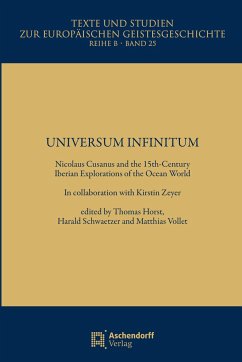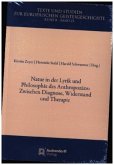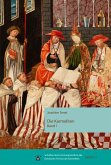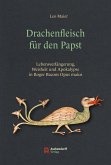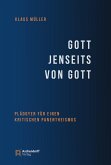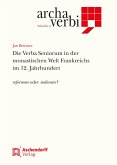The German cardinal Nicholas of Cusa (Nikolaus von Kues/Nicolaus Cusanus, 1401-1464) is mostly known today for his elaborate philosophical work. As one of the first proponents of Renaissance humanism, he was a key figure of the fifteenth century. In contrast to the traditional medieval Aristotelian cosmology he developed the concept of an "Universum Infinitum" (infinite universe). This leads to the innovative question of which epistemological or historical connections can be discerned to connect his writings to the contemporary beginnings of global explorations that culminated in the discovery of the New World(s).This question was discussed in 2016 during an international workshop at the National Library of Portugal. The interdisciplinary meeting, of which the results are published here, was organized by Thomas Horst (Faculty of Science, University of Lisbon) in close cooperation with Harald Schwaetzer and Matthias Vollet (Kueser Akademie für Europäische Geistesgeschichte, Bernkastel-Kues).The EditorsThomas Horst works as a postdoc at the Faculdade de Ciências da Universidade de Lisboa, where he studies cosmographical knowledge and transcultural relations (in particular German-Portuguese networks) in the early modern period.
Bitte wählen Sie Ihr Anliegen aus.
Rechnungen
Retourenschein anfordern
Bestellstatus
Storno

